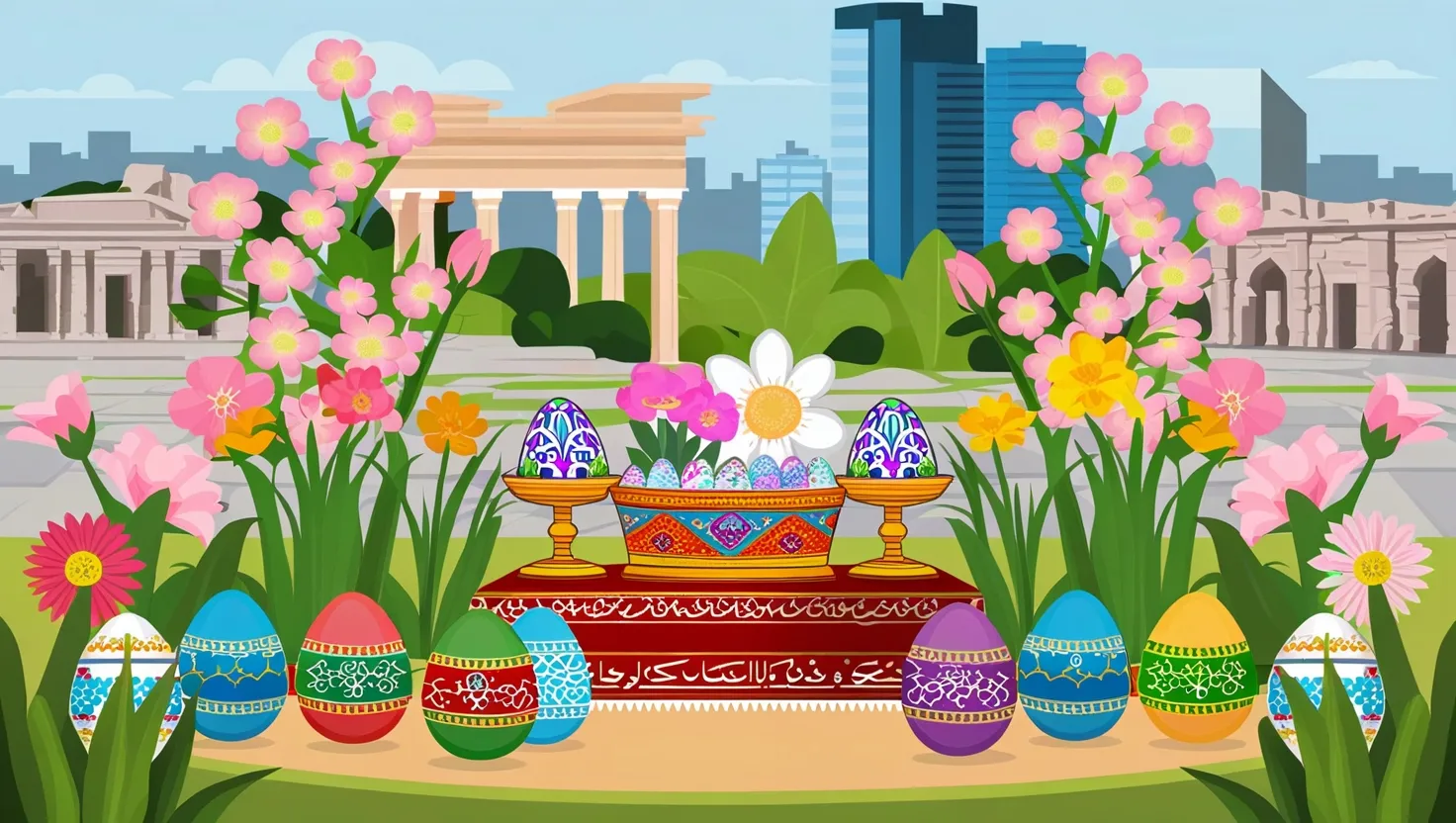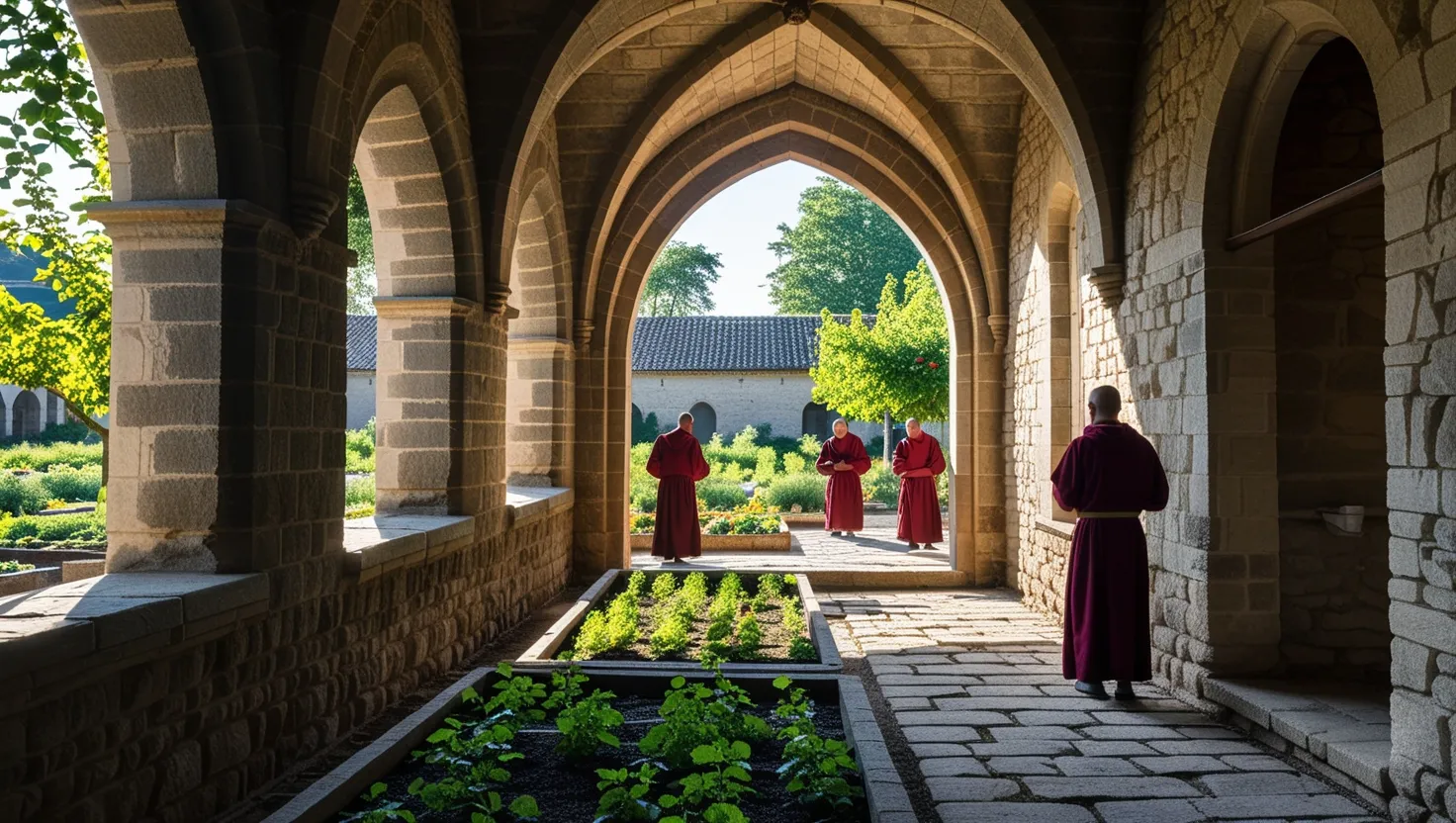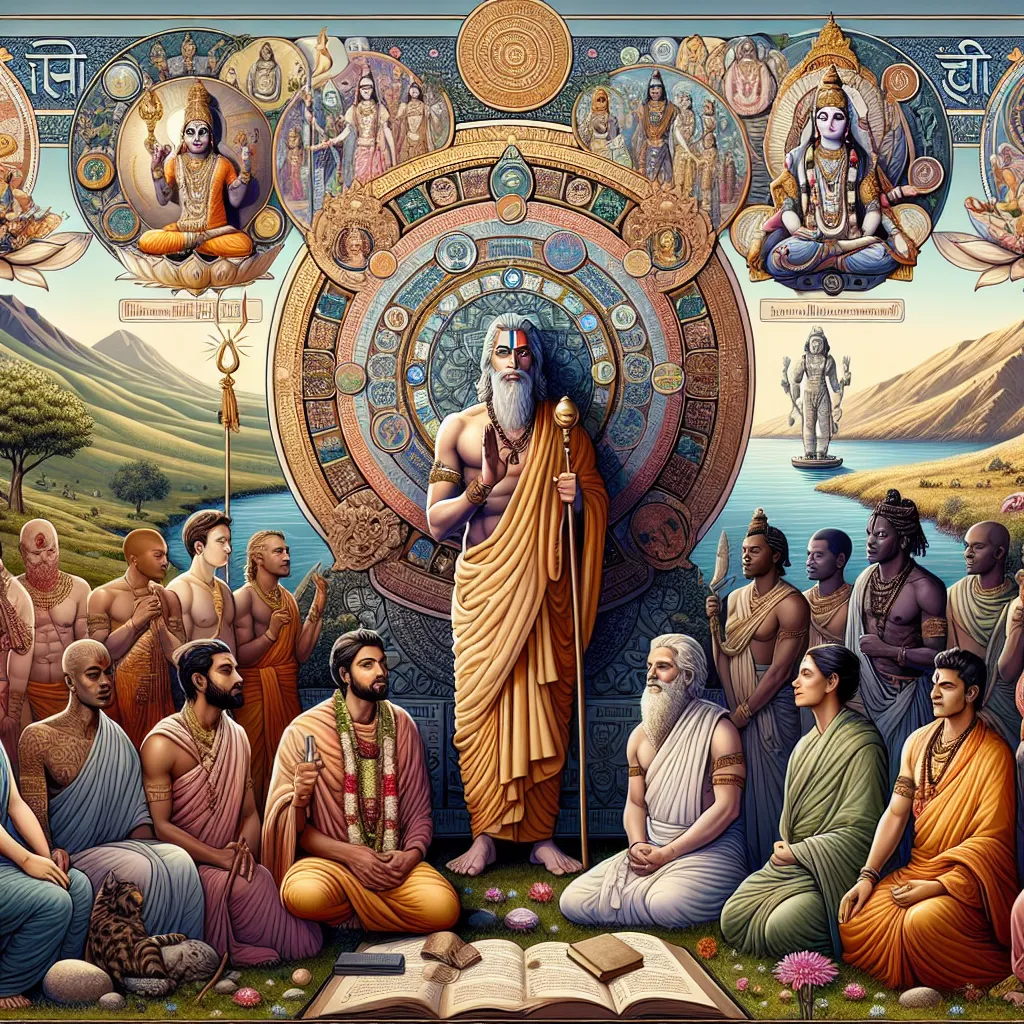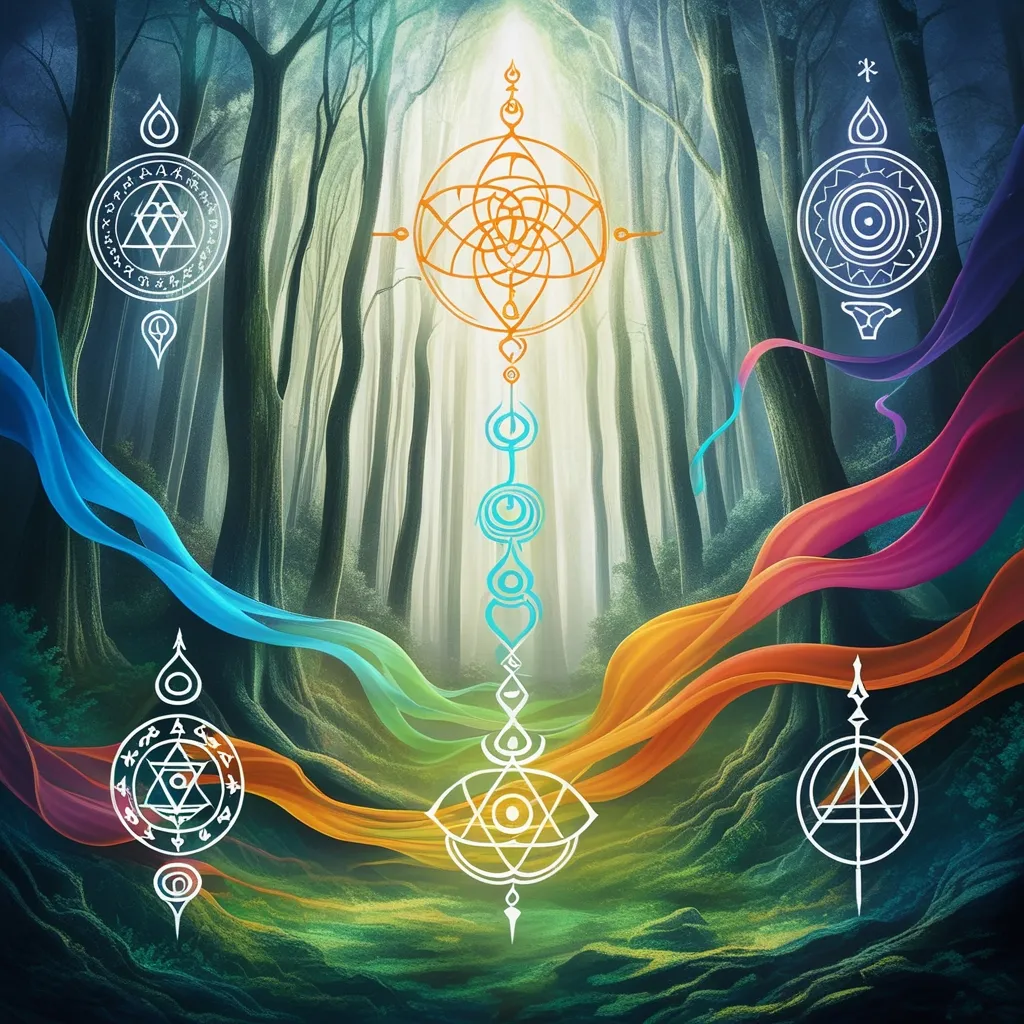It’s an interesting challenge to talk about studying religions without bringing in personal biases. We all like to think we can be completely neutral, but let’s be honest—it’s impossible. Everyone’s got their own background and experiences, and those things shape how we see the world. This is true even in academia.
No one intentionally tries to be biased; it’s just a reality of being human. If someone claims they’re completely unbiased, that’s a red flag. The healthiest approach is to acknowledge our biases and keep them in check while we work through them.
Let’s take the study of the Middle East by Western scholars as an example. Back in the 19th and 20th centuries, a Western academic who specialized in the Middle East was often called an “Orientalist.” But this term has loaded baggage now, thanks to a groundbreaking book by Edward Said titled “Orientalism,” published in 1978.
Said’s work was a game-changer. It highlighted how Orientalism wasn’t just a field of study but also a tool for colonialism. Western scholars often looked at the Middle East through lenses of European superiority, consciously or not, which led to problematic narratives and stereotypes that persist even today.
For instance, the very idea of dividing the world into “the East” and “the West” has caused a lot of trouble. It created a false dichotomy, portraying the East as mysterious and backward while casting the West as rational and advanced. This kind of thinking has fueled a lot of destructive policies and attitudes over the years.
Even classic literature hasn’t escaped these biases. Take Richard F. Burton’s translation of “Arabian Nights”—it’s filled with exotic and often problematic portrayals. Burton himself embodied the classic Orientalist trope, spinning tales of his adventures in the “mysterious East.”
But it’s not that every Orientalist was a villain. Many were brilliant scholars who admired the cultures they studied. However, their work often unknowingly fed into imperialistic narratives. Said’s critique wasn’t about discrediting these scholars but rather highlighting the unintended consequences of their work.
So, where does that leave us now? Academia has moved forward, taking Said’s critiques to heart. Today’s scholars are more self-aware about their biases. They aim for inclusivity, giving voice to the people and cultures they study rather than speaking for them.
This shift is crucial, especially in a post-colonial context. Researchers now strive to include non-European perspectives and aim to foster a mutual exchange of ideas. The goal isn’t to dismiss Western scholarship outright but to blend it with insights from within the studied cultures.
Of course, we haven’t eradicated the old problems completely. Recognizing our biases and the history of Orientalism is an ongoing process. For anyone diving into this field, books like Said’s “Orientalism” are a must-read.
So, am I an Orientalist by today’s definition? That’s for others to decide. I like to think I’m working to present cultures and religions in a nuanced and respectful way. But the ultimate judges are you, the audience. Your support, feedback, and critique are what help me improve and continue these discussions.
Thanks for following along. Feel free to drop a comment or share your thoughts—let’s keep this conversation going!






